The Wild Flower Garden – Two.
When I was growing up in the Port Arthur area, there were lots of wild flower gardens. They were called vacant lots. A lot of native species grew in these sunny grassy places: butter and eggs, black eyed susan, golden rod, yarrow, Joe Pye weed, mullein, pearly everlasting, various vetches and many others.
Of course there were also the travellers blown from near-by gardens. I remember finding a large rhubarb plant in one lot on Jean Street and in another, a lovely rose. Plants that we believe to be wild flowers but were introduced to the area long ago (example ox eye daisies) were abundant. We kids used to play in the long grass (today called “ornamental grass” in the seed catalogue) and found many small tiny flowers hiding there.
These vacant lots are all but gone and it is a treat to find one in town. I found a field of wild flowers on South Algoma Street two years ago, the site of the old Cornwall School. The native plants (and the introduced ones) had colonized the spot on their own and the number of birds was remarkable for such a small space. Native wild plants produce seeds acceptable to native wild birds. They also play host to native insects eaten by wild birds. Chipping and song sparrows sang on the day I walked though the area. I noted the plants were successfully breaking up the asphalt. “You go girls,” I said.
But alas. A letter to the newspaper demanded that these “weeds” be cut down. It is beyond my comprehension that a black eyed susan, sold in a local nursery, is a wild flower but when it grows wild it is a weed!
The city mowed the area to produce a field of stubble, for that is what you get when you mow wild grasses. It does not create turf. The song sparrow and the chipping sparrow decamped.
What I did not find in this vacant lot were the two “Toughies of Turf,” the dandelion and the plantain. These guys like mown lawn where they can spread their rosette of leaves, leaves so low the mower passes right over. Then, when no one is looking, they throw up a seed stalk and attempt to take over the world. They are very efficient plants. I believe that, in Thunder Bay, more money is spent on herbicides to attack dandelions and plantain than any other species of plant. Not only money but sweat and tears.
But the battle is pretty well over. The Ontario government, after hearing pleas from medical and environmental organizations, is planning to ban pesticides and that includes herbicides as well. Even after decades of war against the dandelion, the plant was never defeated and, after the ban on herbicides, its triumph is assured. So, Thunder Bay, time to get out grandma’s recipe book and learn how to make dandelion wine.
Thursday, 3 April 2008
Subscribe to:
Post Comments (Atom)

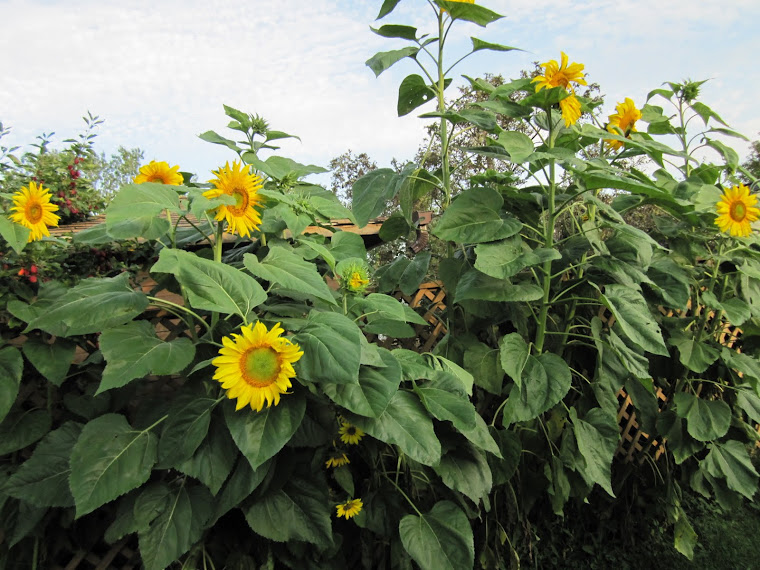

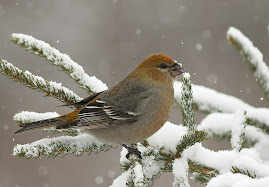



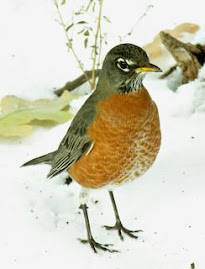

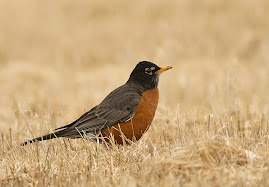
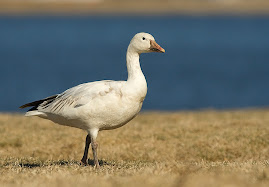

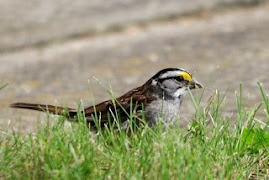

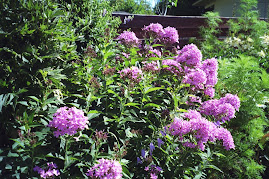
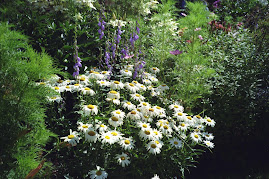
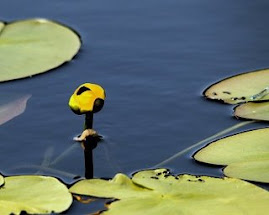

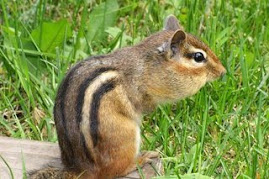











































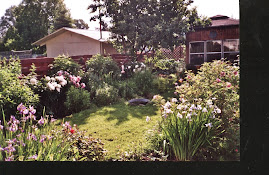





No comments:
Post a Comment